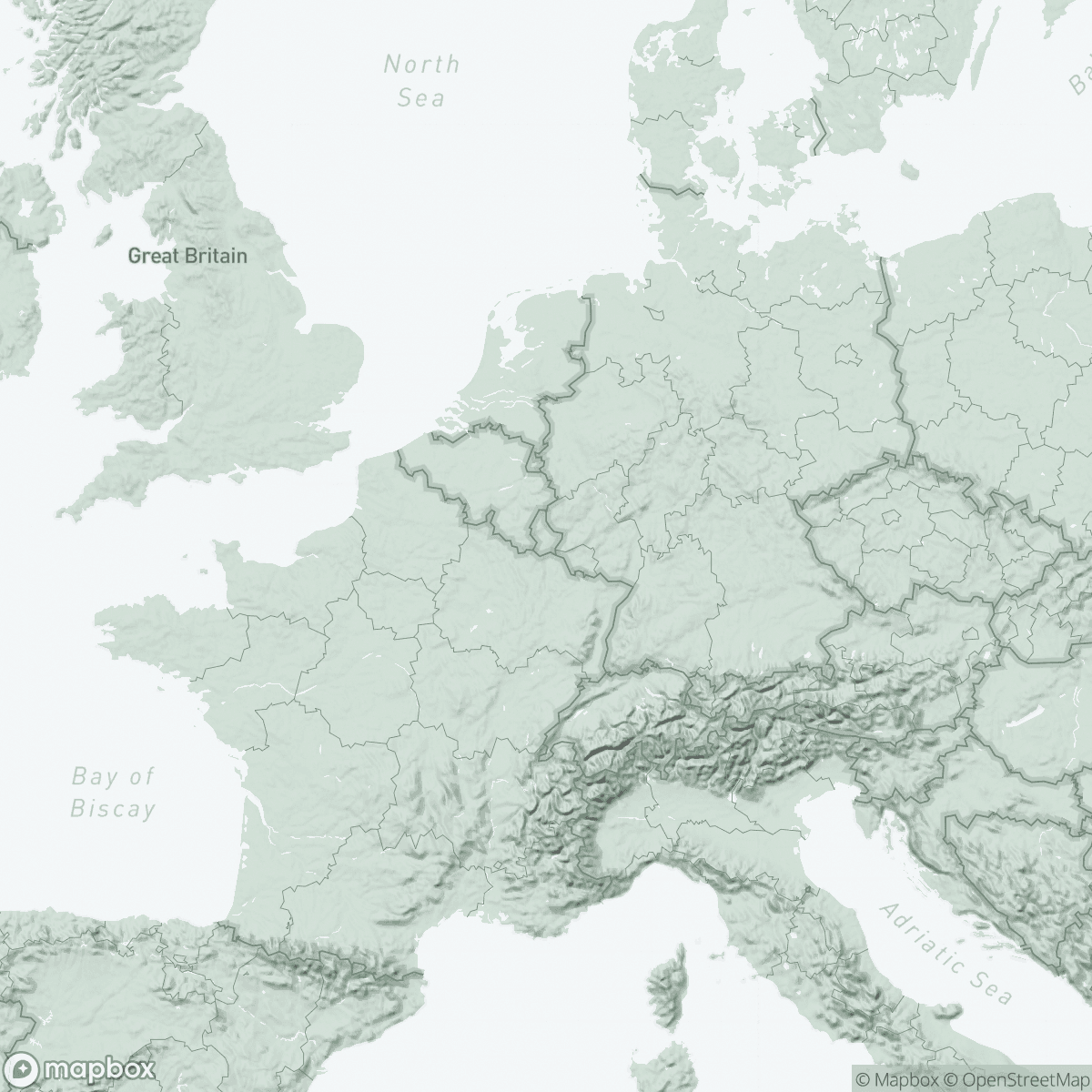
Ensuring healthy populations through clean water: the pivotal role of MSF
In 1 click, help us spread this information :
Ahead of World Water Day (the 22nd of March) Sarah Mitchell, a Luxembourgish Senior Civil Engineer specialised in WASH (water, sanitation and hygiene), explained us the importance of providing clean water to populations in order to keep them healthy and preventing the onset of disease. Deployed to in 2023 as WASH manager in Bangladesh's Cox's Bazar district, her upcoming mission will bring her to Haiti to implement WASH activities in the functioning the largest maternal health hospital in Port-au-Prince called “Maternité Isaïe Jeanty”.
For MSF, access to water means access to safe water that can be used to fulfil a populations' water, hygiene and sanitation needs. MSF staff are regularly providing water in emergencies for populations displaced by insecurity and wars or natural disasters, such as the war in the Middle-East or in Sudan, the earthquakes in Turkey, cyclones in Mozambique and Mayotte, or the floods in South Sudan. Our emergency services are often the only source of safe water for populations.
“As a medical organisation, MSF takes a holistic view on healthcare, including the prevention of infection and disease.”, explains Mitchell. “Access to clean water and suitable sanitation is critical to preventing the spread of disease such as cholera, scabies and typhoid which area all waterborne diseases, as well as tackling the spread of mosquito borne diseases like malaria and dengue.
MSF plays a pivotal role in combating the spread of cholera, installs boreholes to provide clean water, and builds sewer systems and wastewater treatment plants.”
Access to materials and equipment as well as locally skilled labour can be a great challenge to provide suitable WASH activities such as boreholes and waste management zones. Recalling her experience in Cox Bazar, Mitchell pinpoints:
Evolving context is also a major obstacle, especially in a growing refugee camp or changing internally displaced persons camp locations due to evolving violence.
Drawing on interviews with 49 humanitarian staff in 30 countries around the world, the MSF report, ‘A hostile climate: Confronting the challenges of aid delivery in the context of climate change’, details how rapid and slow onset climate hazards, changes in water availability and quality, and food scarcity linked to climate change are amplifying humanitarian needs.
On this issue, Mitchell highlights that “climate change continues to devastate the planet, as we can see through WASH related crises such as droughts leading to mass starvation, and flooding leading to mass displacement of people and water borne diseases.
The extent of the devastation, and the frequency of extreme events depend on the action we take to reduce our carbon footprint.”
Mitchell reminds us that only 3% of the Earth's water is fresh—the essential resource we need to survive—and this supply is shrinking as ice caps melt and sea levels rise. “Water is the essence of life, and something we all take for granted. World Water Day is a moment to appreciate the water at our fingertips, and to commit to not wasting it.”
About Mitchell’s upcoming mission to Haiti
Since 24 February, MSF in Haiti have witnessed a surge in violence, increasing the number of wounded people and medical needs. Clashes between armed groups and police are intensifying, leaving civilians trapped under constant threat of crossfire. As of today, IOM estimates that more than 180,000 internally displaced people are living in over 140 sites. These vulnerable people, some of whom have been displaced multiple times, are seeking refuge in makeshift camps where access to clean water is either extremely limited or completely non-existent.
For over a month, the suspension of US funding has deprived many humanitarian organisations of their resources, forcing groups like Solidarités International to suspend the distribution of drinking water in displacement camps. According to the NGO, in these camps, displaced people are trying to survive on just one litre of water per day. This is far below the international emergency standard, which recommends 15 litres per person per day.
In response, MSF is currently deploying a water distribution system via tanker trucks to provide for more than 13,000 people living in four camps.
Dans ce contexte, Mitchell travaillera en Haïti pour MSF afin de mettre en place des activités WASH dans un établissement de santé fonctionnel à Port-au-Prince, la « Maternité Isaïe Jeanty ». Celles-ci comprennent un approvisionnement en eau chlorée constant pour les besoins en eau potable et en services, l'élimination régulière des eaux usées, une zone de gestion des déchets opérationnelle, une laverie efficace et l'entretien d'un système de drainage pompé. Certaines activités liées à la construction devront également être entreprises, telles que des fosses septiques, des pièges à graisse, des zones de gestion des déchets, des laveries, avec la possibilité d'un nouveau forage et d'une station de traitement de l'eau.
Dedicated teams, like the ones Sarah works with, are working tirelessly to provide care in the midst of this growing humanitarian crisis.




